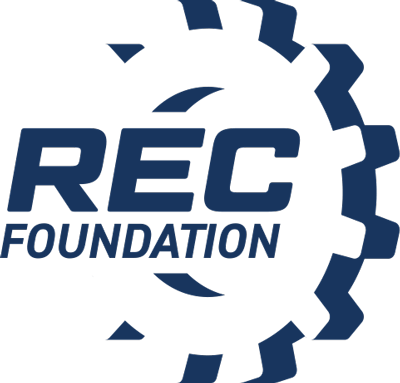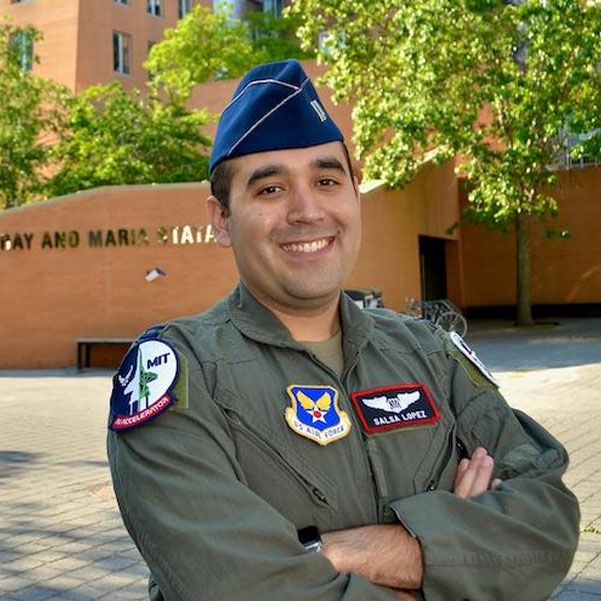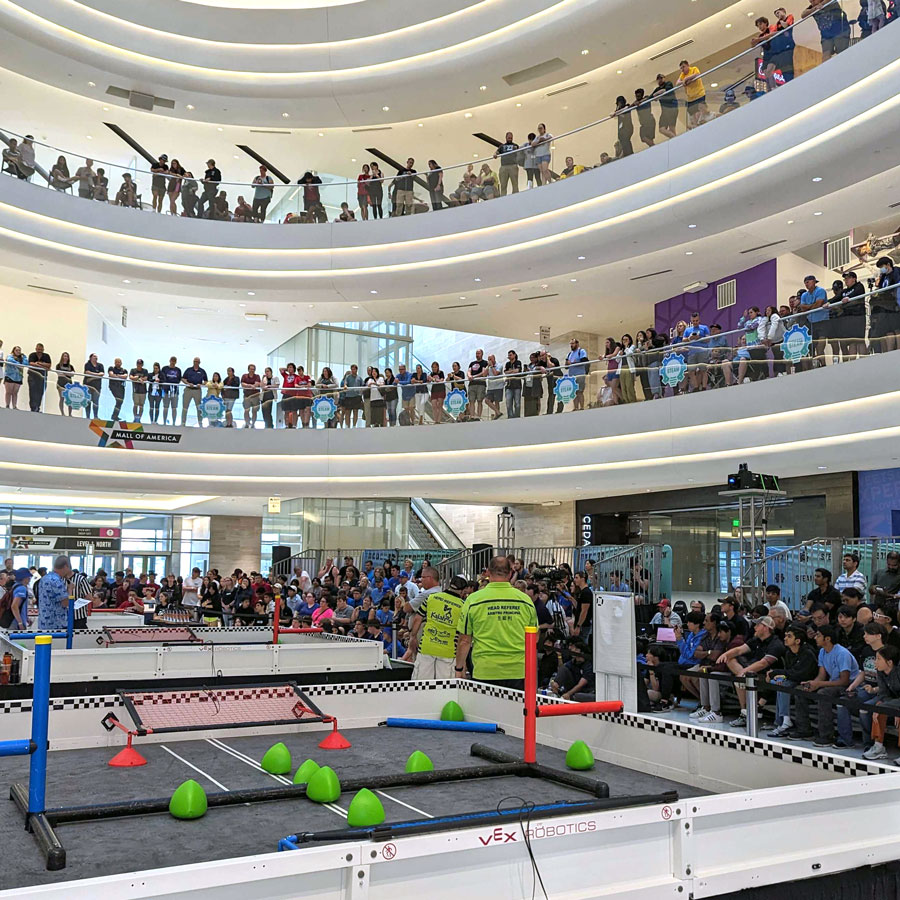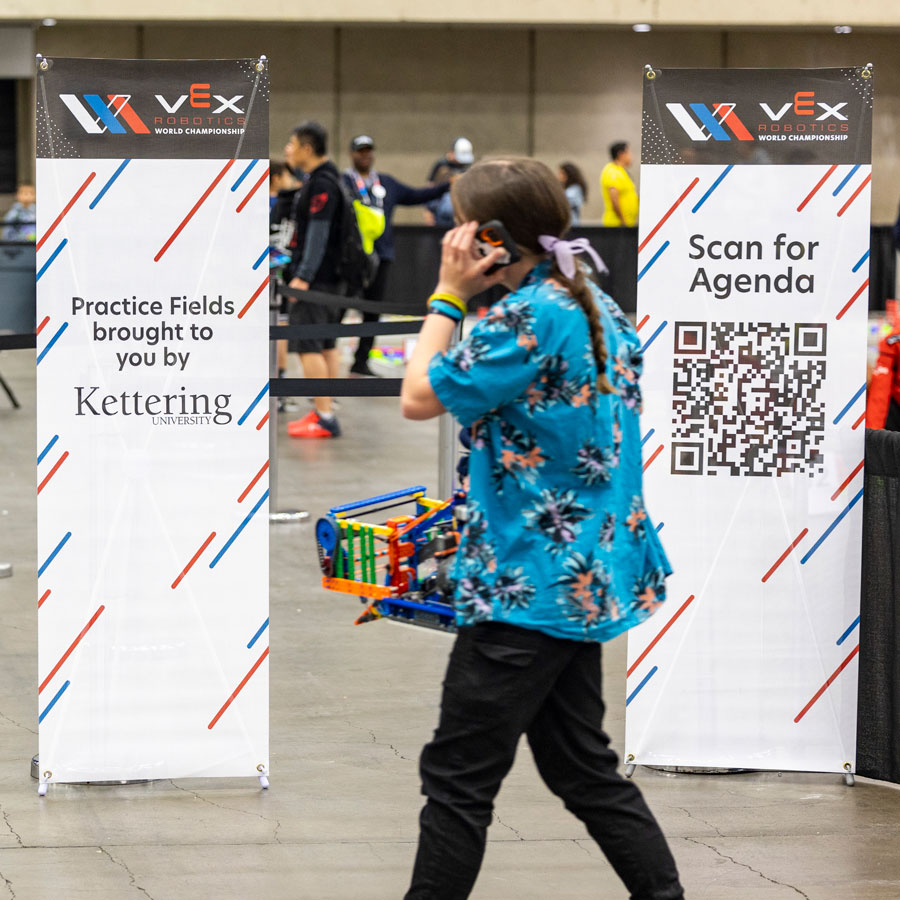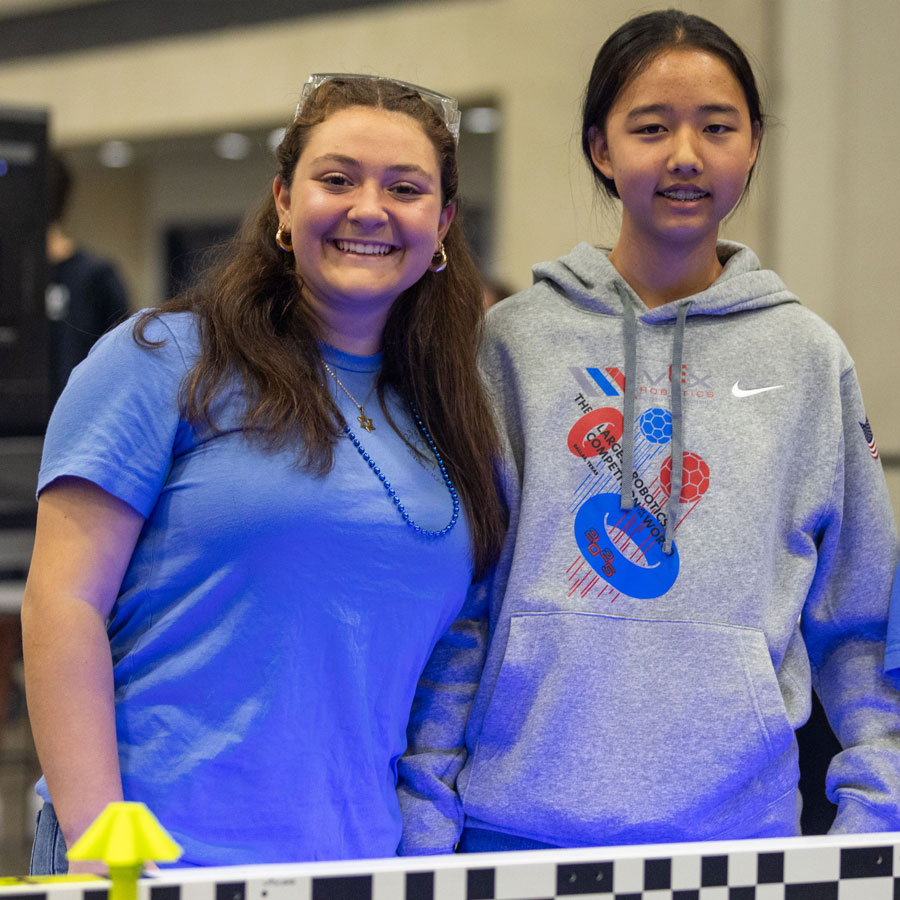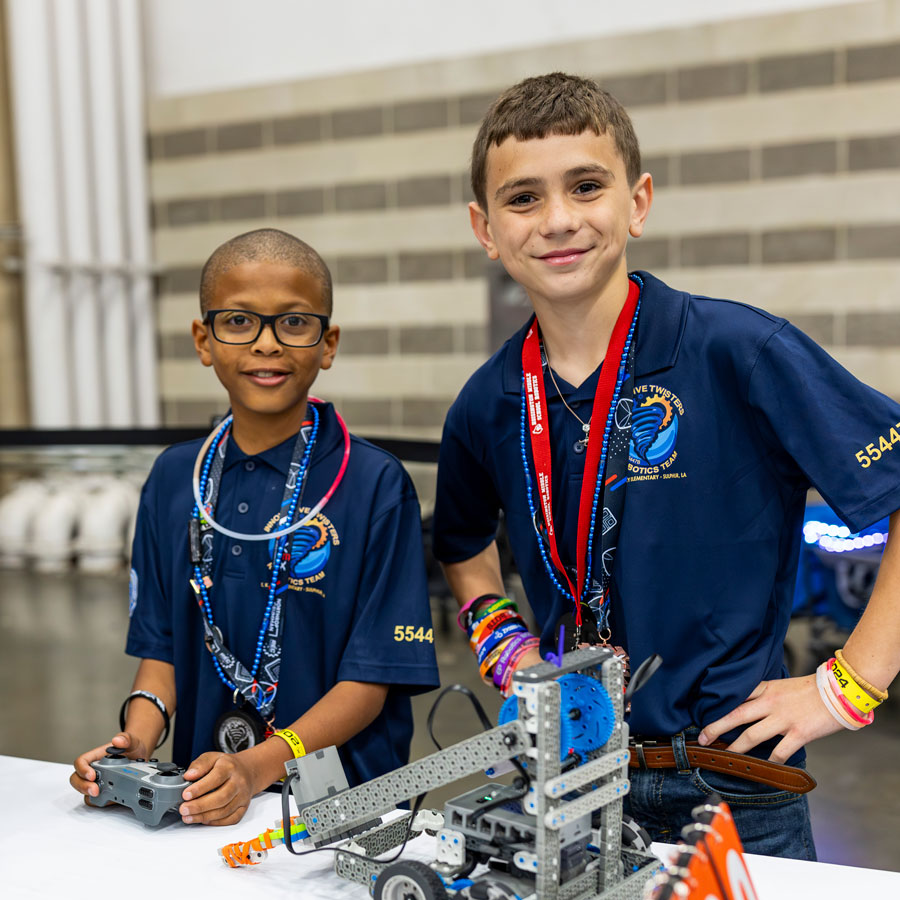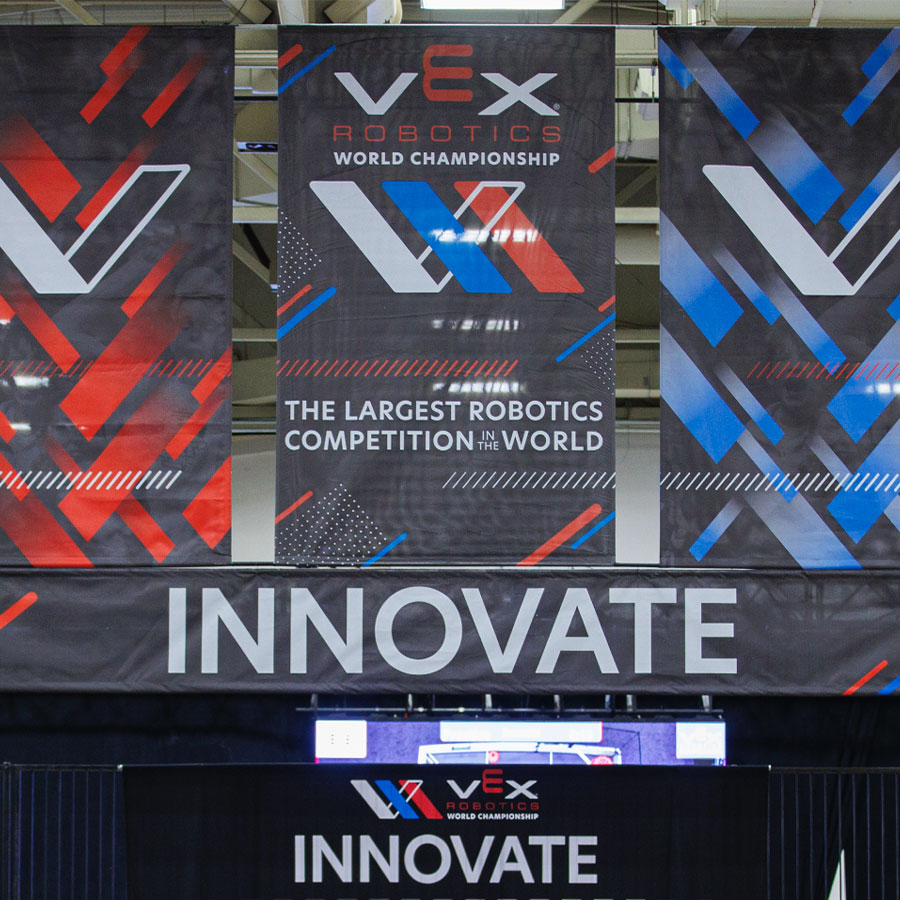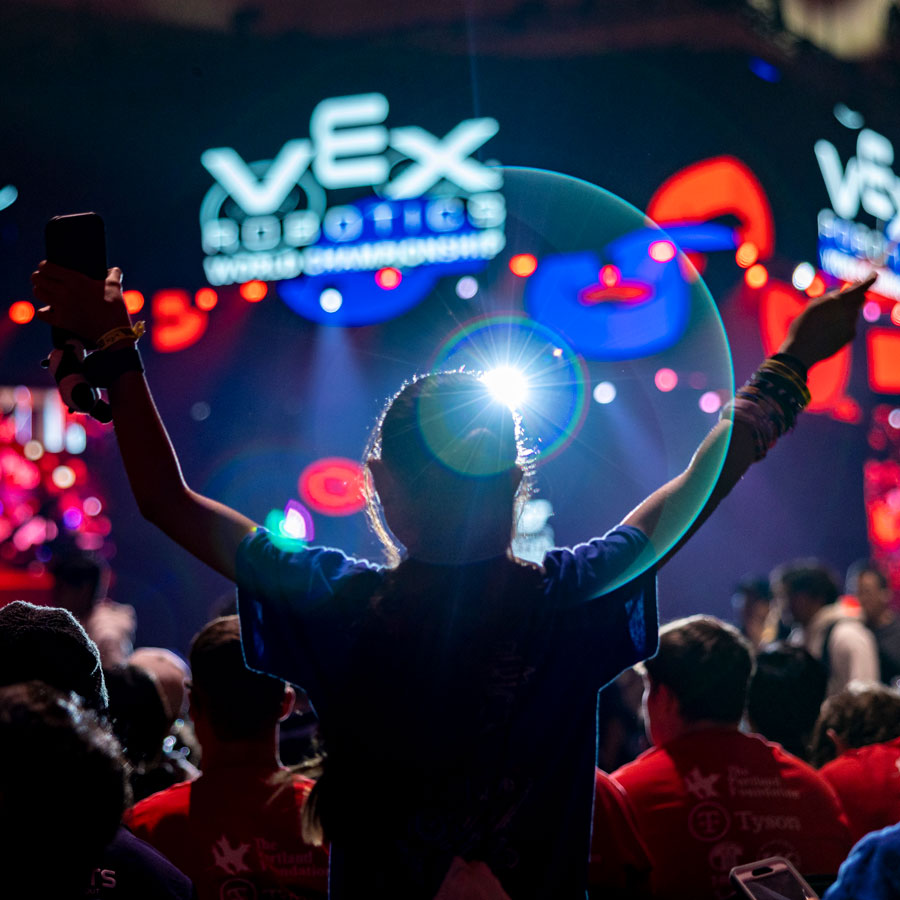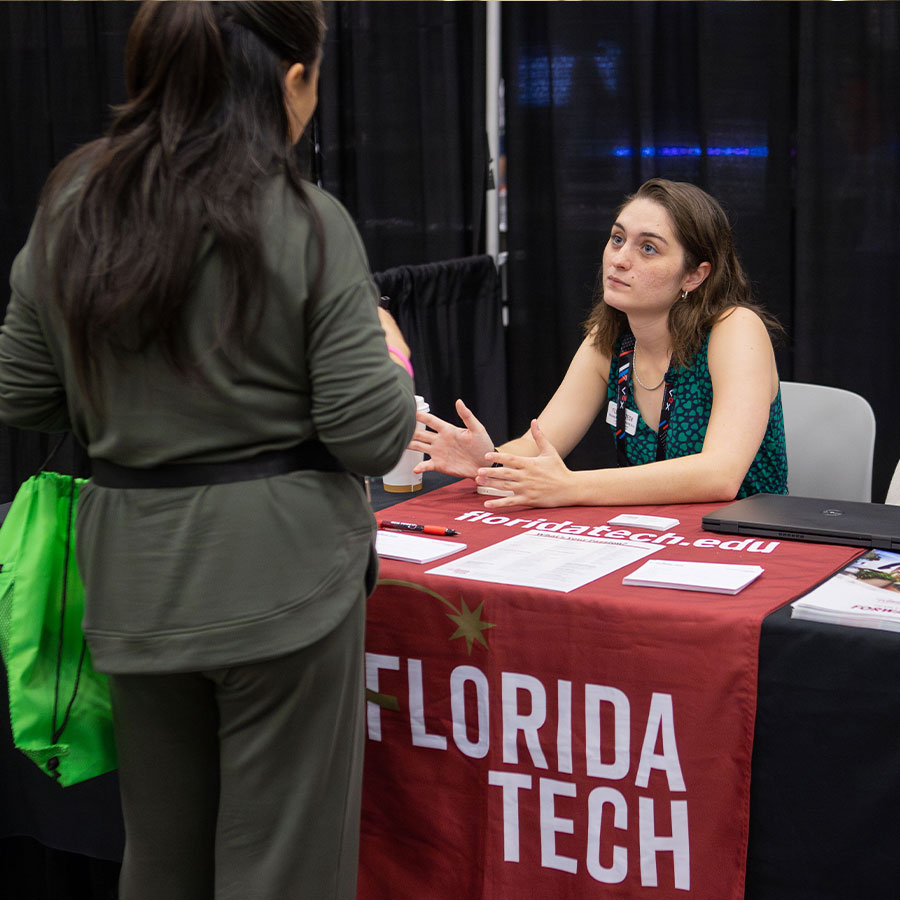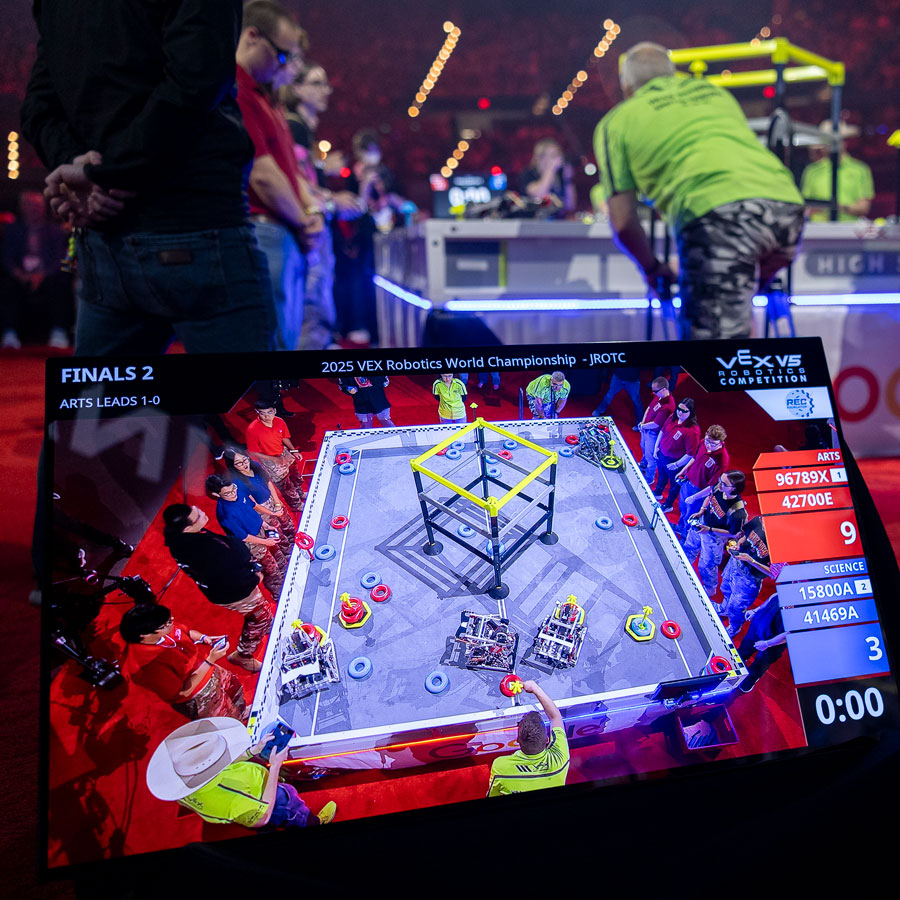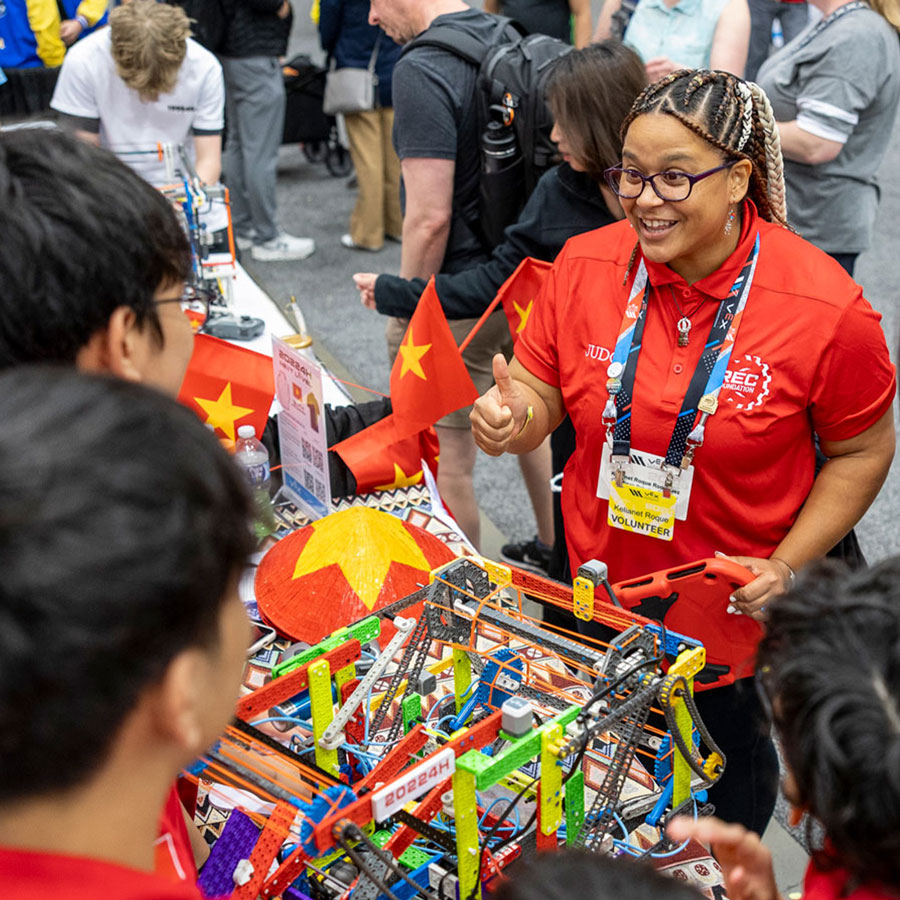Patricia Cortez

What first inspired you to become involved in STEM?
How I became interested in robotics is quite a funny story. I initially joined robotics as a co-coach with a friend. He convinced me to go on this journey of which I knew absolutely nothing about. Doubting my robotics abilities, I decided to be a “behind the scenes” coach. I helped students with organization skills, interview skills, notebooking skills and presentation skills. I did that for three years and in that third year I encountered two little third grade girls that would end up being my inspiration for many later decisions. These girls didn’t want a behind the scenes role on the team, they wanted to do more for the team, they wanted to be drivers, programmers, builders. Therefore, I had to do more. We ended up venturing out on our own and creating our own all girl, Latina team, the LadyBots. These girls taught me so much about robotics, about taking risks, and most importantly to always believe in yourself.
What challenges have you overcome within the program?
One of the greatest challenges has been getting girls to believe in themselves. Many girls lack self-confidence, particularly in public speaking and aren’t confident in their abilities. However, getting my girls to truly believe they can do ANYTHING that anyone else can do no matter their gender or race has been the best challenge I have overcome as a coach within the program.
What has been the best thing about being involved in robotics/STEM?
The best thing about being involved in robotics is seeing student growth. Not only in the aspect of creating robots, but in their self-confidence, their communication skills, their organization skills, their social skills, and their leadership. Robotics isn’t just building robots, “robotics is life” as one of my LadyBots would say. These girls have created a brand for themselves with their engineering abilities, communication skills, style, and girl power pride and it just fills my heart with so much joy.
Why do you think that more Hispanic students should become involved in robotics/STEM?
Currently, we have a small population of Hispanic engineers in the United States. In fact, Hispanics make up 16 percent of the American workforce, but only 8 percent of scientists and engineers, according to the National Science Foundation. Needless to say we are underrepresented. Robotics is a gateway to many STEM fields and provides numerous benefits including leadership opportunities, communication skills, problem solving, and collaboration skills, just to name a few. Let’s get some more of our Raza representing! It all begins somewhere!
What words of wisdom would you give to students in or outside of robotics currently?
Believe in yourself and never doubt your capabilities. Starting robotics is half the battle. The other half can be accomplished with grit, determination, and perseverance. Robotics may seem “hard”, but there is nothing about it that can’t be learned. “¡Si, se puede!”
Believe in yourself and never doubt your capabilities. Starting robotics is half the battle. The other half can be accomplished with grit, determination, and perseverance. Robotics may seem “hard”, but there is nothing about it that can’t be learned. “¡Si, se puede!”
